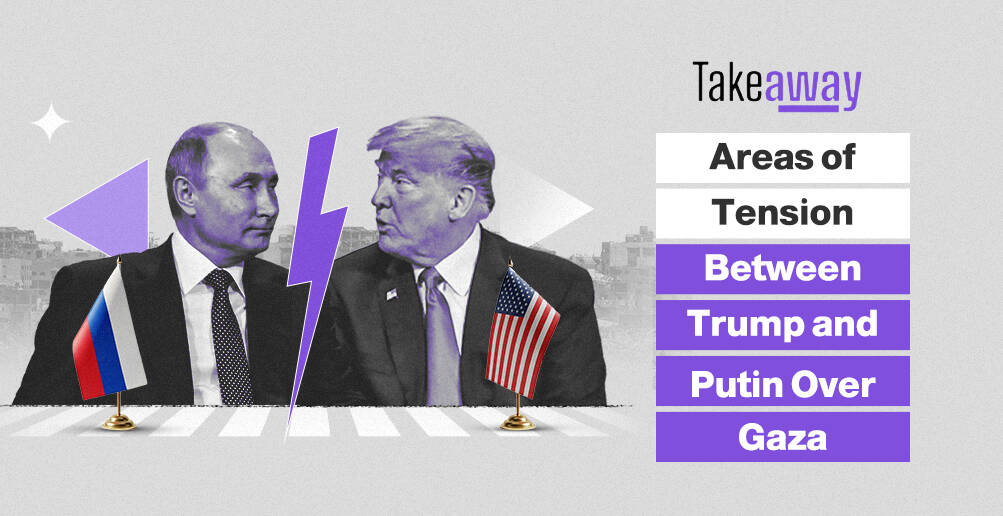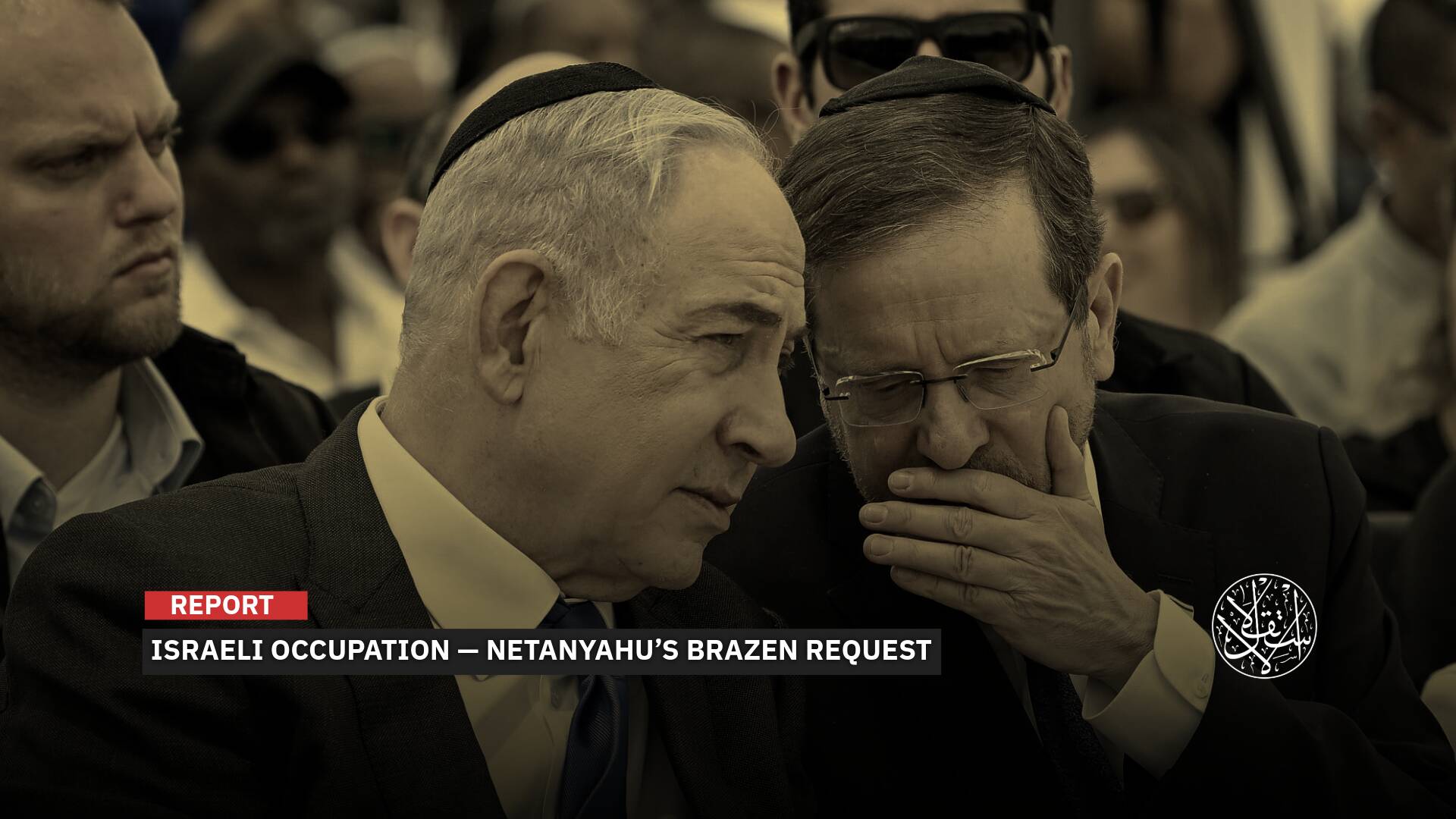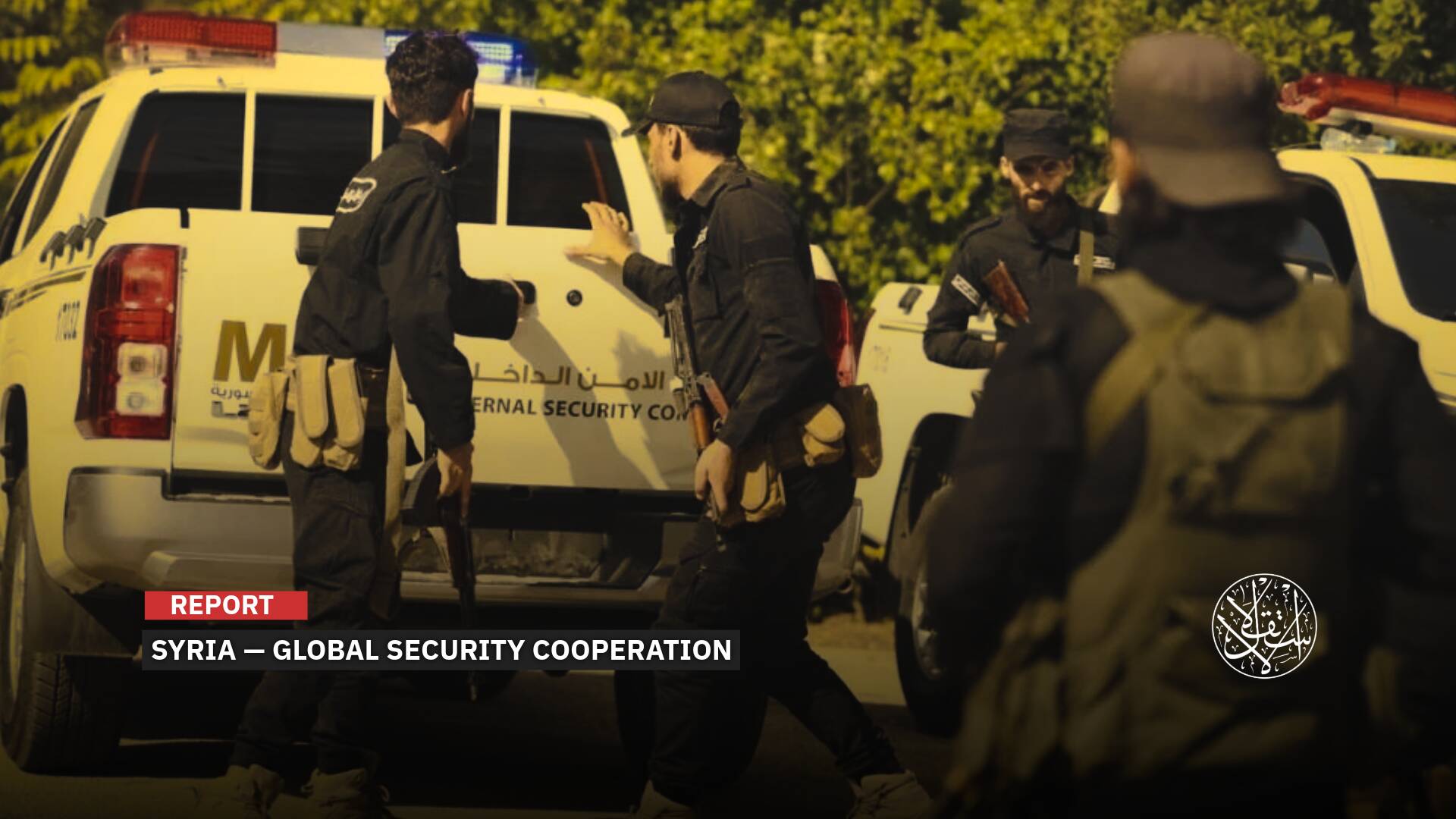What Recent Attacks Mean for Trump's Counterterrorism Agenda

“The New Orleans attack was the deadliest ISIS-inspired assault on U.S. soil in years.”
The deadly New Year’s attack in New Orleans, in which a man hit revelers with a truck, and an electric car explosion in Las Vegas have sparked a wave of national concern, reordering the priorities of President-elect Donald Trump as he prepares to take office in two weeks.
The United States has since raised its security alert and taken strict measures to secure major events scheduled for this month, such as the funeral of former President Jimmy Carter, the Golden Globes in Los Angeles, and the Super Bowl in New Orleans.
After the incomplete defeat of ISIS in 2019, terrorist attacks had largely stopped by the time Biden entered the White House, after regular attacks that hit the United States and Europe from 2014 to 2019 were a source of concern and disruption.
But geopolitics has shifted in recent weeks and months, and combating terrorist groups is likely to be at the top of the Trump administration’s list of priorities, observers say.
Ongoing Threats
While Americans were celebrating the New Year, a horrific terrorist attack rocked the city of New Orleans, bringing back memories of the terrorist threats that continue to haunt the world.
The bloody attack, carried out by an American citizen who pledged allegiance to ISIS, killed 15 people and injured 30 others, raising major questions about the United States’ readiness to confront these ongoing threats.
In the midst of these events, Fox News published a warning article by writer James Jay Carafano, who highlighted the renewed risks of the return of terrorist groups and the weakness that has affected the US national security system.
He warned that the ISIS threat still exists, and that the United States is not prepared to confront this renewed threat.
The writer stressed that the New Orleans attack showed clear evidence that it was a simultaneous terrorist act planned to cause the largest number of victims.
In a later statement, the FBI announced that the attacker, who joined ISIS last summer, acted alone, denying any link between the attack and the explosion of a Tesla near the Trump Hotel in Las Vegas, which killed one person and injured seven others, despite the fact that the two perpetrators had previously served in the US military.
Security authorities also raised the level of preparedness in Washington, DC, to an unprecedented level, especially with the approach of President Trump’s inauguration on January 20.
The FBI, the Department of Homeland Security, and the National Counterterrorism Center (NCTC) warned of the possibility of attacks similar to the January attacks.
On his part, Trump sought to blame Democrats, open borders and institutions that he has vowed to purge, including the FBI, once he returns to office.
However, investigations revealed that the attacker was a 42-year-old American citizen from Texas.
Sebastian Gorka, Trump’s incoming counterterrorism director, slammed President Biden’s border policies and accused the president of enabling jihadists by focusing resources instead on white supremacy.
“You are on the front line of the war against terror,” he told Americans.
The New Orleans attack was the deadliest ISIS-inspired attack in the United States since the 2016 massacre at a nightclub in Orlando, Florida, that left 49 people dead.
The massacre was carried out by a young man who pledged allegiance to the then-ISIS leader Abu Bakr al-Baghdadi.
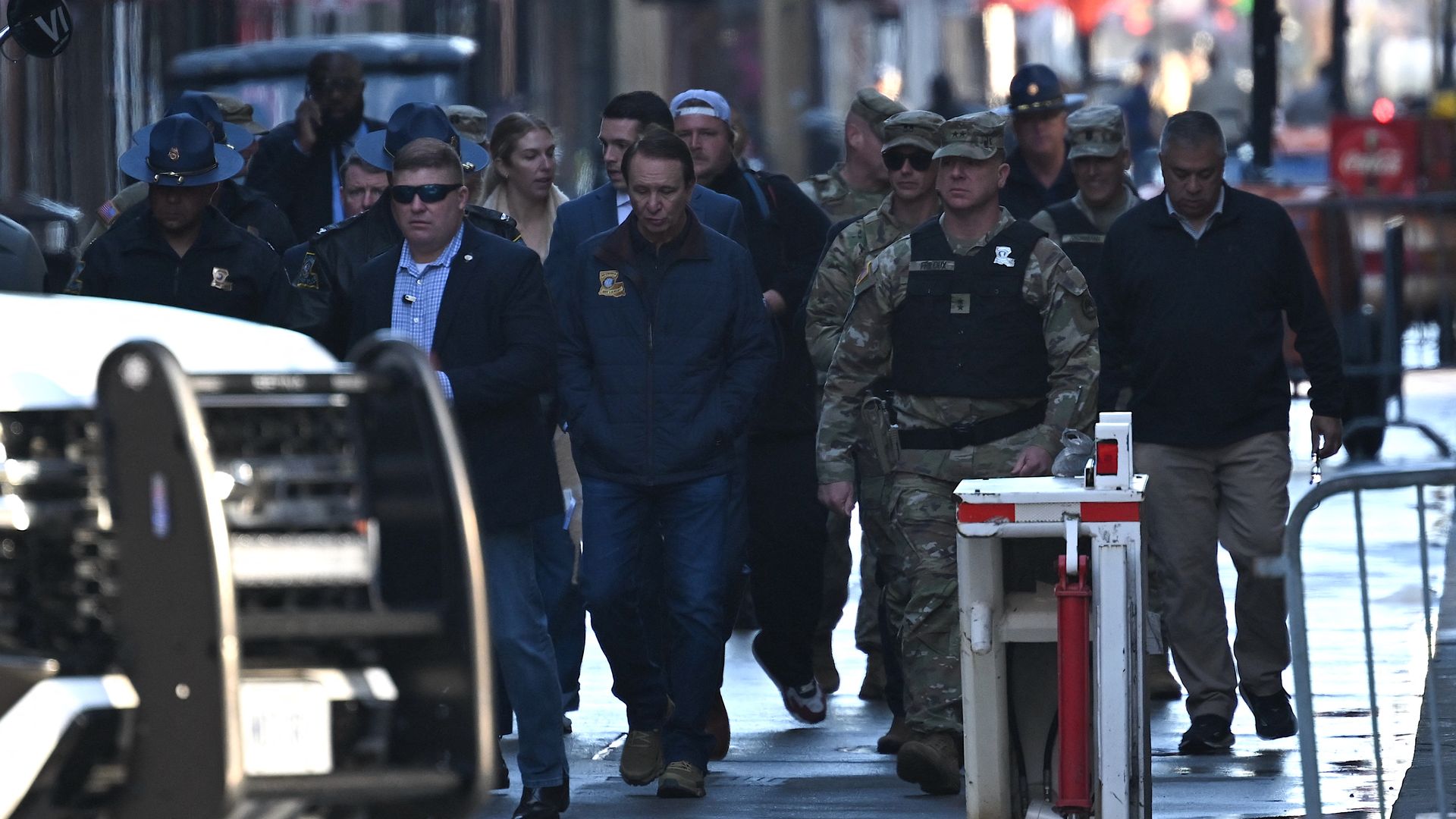
Failed Policy
The New Orleans incident highlighted the impact of conflicts in the Middle East on American homeland security, and raised questions about how Trump will deal with these challenges in light of the rise of terrorism and regional unrest.
This incident, whether intended or not, is a rebuke to outgoing President Biden’s failed Middle East policy and a warning to the incoming Trump administration.
The fall of the Assad regime in Syria and the rise to power of Hayat Tahrir al-Sham (HTS) have plunged the region into a new phase of uncertainty, and it is now facing a rare opportunity to either achieve stability or head toward further turmoil.
There is no doubt that what happened in Syria, and the opportunity it could provide to ISIS to reconstitute itself and attract supporters in the West, has become a major threat to US national security.
Beyond HTS's previous affiliation with al-Qaeda, the collapse of the Syrian army has raised concerns about the vacuum in some remote areas that many believe ISIS may seek to exploit.
The departure of Bashar al-Assad has also opened the way for Turkiye to expand its operations against the Kurdish Syrian Democratic Forces (SDF) it considers terrorists in northern Syria.
The SDF is a key US ally in the fight against ISIS, and operates detention centers holding thousands of foreign ISIS fighters.
US and European officials are concerned that the escalation of Turkish attacks on the SDF could lead to a renewed ISIS threat.
However, Trump has made it clear that there should be no intervention in Syria and that the U.S. will do its utmost to stay out of Syria, where 2,000 US troops are stationed, while the US military is also set to begin withdrawing from Iraq, where 2,500 troops remain fighting ISIS.
As part of the Iraq-US deal, remaining US forces will withdraw in two phases over the next two years, leaving completely in 2026.
But counterterrorism experts warn that any US move to partially or completely withdraw from both countries, where ISIS has been slowly and patiently regrouping without fanfare, would negatively impact the fight against ISIS.
Aaron Zelin, a researcher at the Washington Institute for Near East Policy, said the number of ISIS attacks in the region tripled in 2024, expecting the withdrawal of US forces from the region - Trump's campaign promise to voters - to have dire security consequences.
According to observers, Trump is unlikely to accept the return of ISIS to recovery after he has always boasted in his election campaign that he was the only one who completely eliminated the organization.
It is noteworthy that Trump has promised to reshape government departments and reduce the size and influence of the FBI in a way that could cripple counterterrorism efforts.
“Trump has shown that he will not focus on counterterrorism abroad, relying on, as the Biden administration did, an over-the-horizon approach to targeting terrorist groups and their leaders,” said Colin Clarke, a counterterrorism analyst.

Lone Wolves
Until the beginning of this year, the terrorist threat landscape in the United States looked very different from what it did in 2017, when Trump first took office.
After Barack Obama’s presidency, ISIS was at its peak, controlling large areas of territory across Syria and Iraq, and carrying out external operations in the West.
The New Orleans attack also raised serious concerns about whether ISIS has returned to pose a real threat to terrorist operations around the world, despite the successive defeats the group has suffered in Syria and Iraq in recent years.
ISIS previously announced the adoption of a lone wolf strategy, where individuals not directly linked to the group’s structure launch attacks under the group’s banner.
Experts say that ISIS inspires psychotic sympathizers to commit lone-wolf attacks that blur the line between random crime and terrorism.
In a statement to Al-Estiklal, Colonel Omar Melhem said that “the recent terrorist acts witnessed by several countries, including the U.S., are a message that 2025 will witness more of these attacks.”
“The New Orleans attack has once again raised questions about how governments and security organizations respond to this type of renewed threat,” he said.
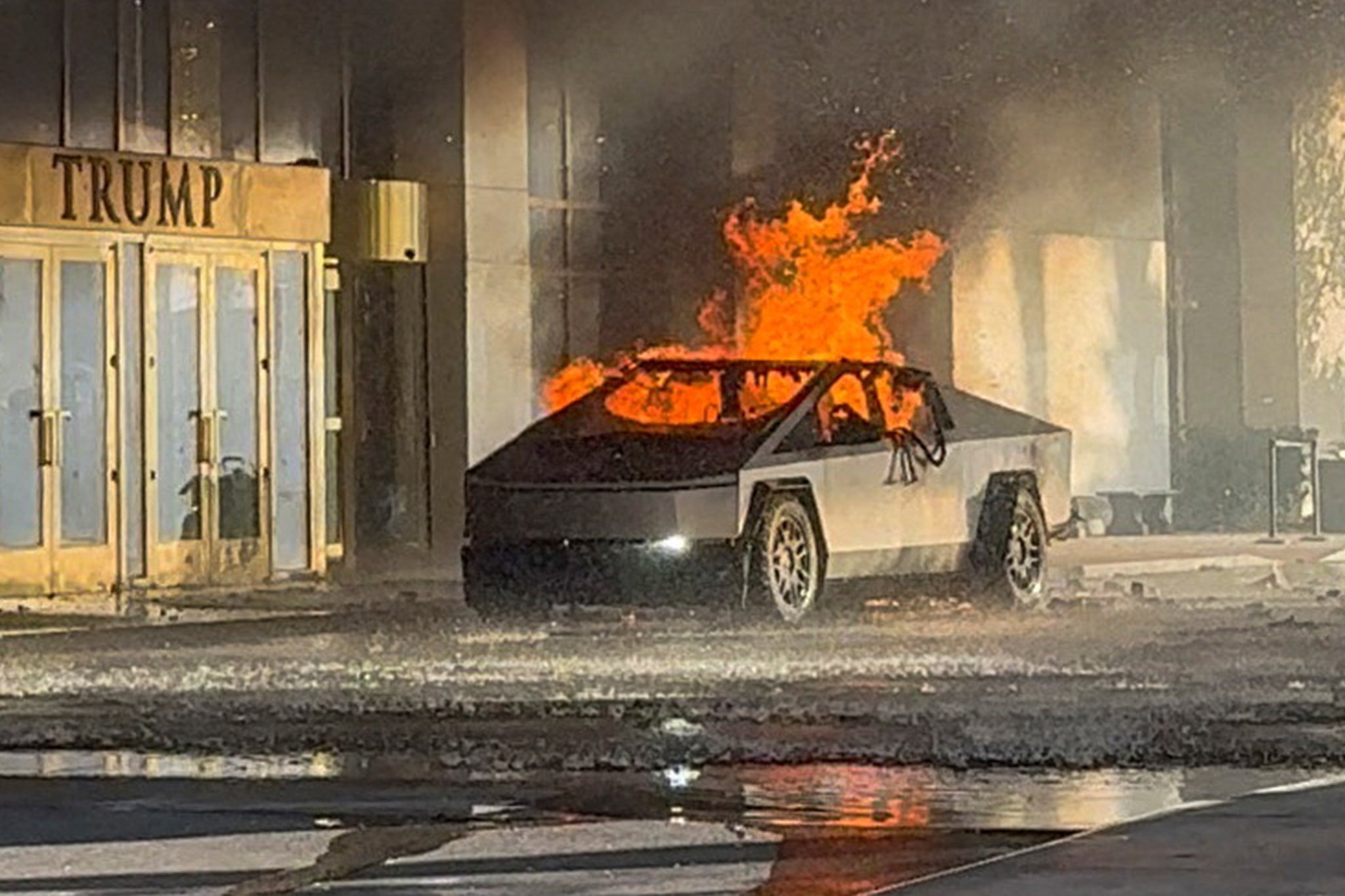
According to a recent NCITE review of criminal cases since 2014, more than 250 individuals have been charged with ISIS-related activities. The vast majority of this group have been U.S. citizens or legal permanent residents.
They also generally tend to be young, ranging in age from 15 to 62, but most are considerably younger than this 42-year-old suspect.
Most have pleaded guilty before trial, while a few dozen were found guilty by a jury of their peers. The Justice Department has only lost one terrorism prosecution.
Over the past decade, the FBI has consistently said in public remarks that it has more than 1,000 active ISIS investigations in all 50 states.
Sources
- The shadow of ISIS will loom over the Trump presidency
- After New Orleans, will Donald Trump abandon the Middle East to its own devices?
- More Islamist terror is coming. We are woefully unprepared
- After the New Orleans attack, how will the US deal with a resurgent Isis?
- New Orleans Terror Attack: An Overview of ISIS Support in America






